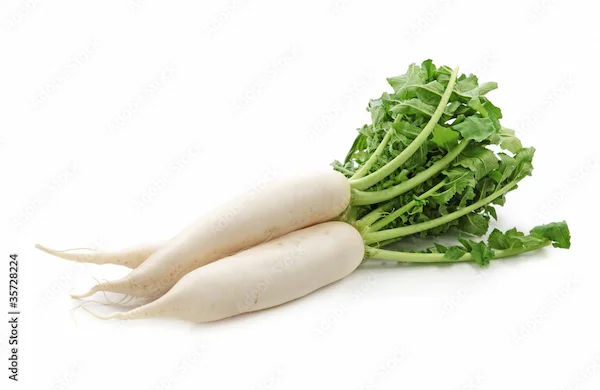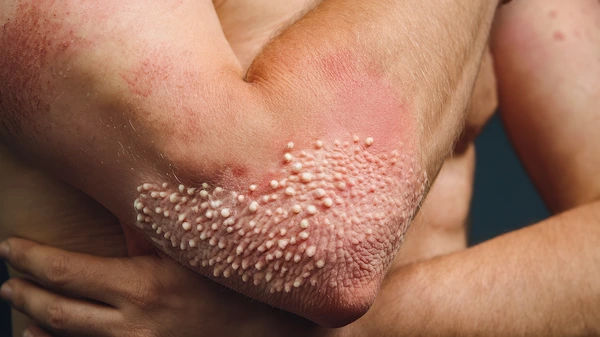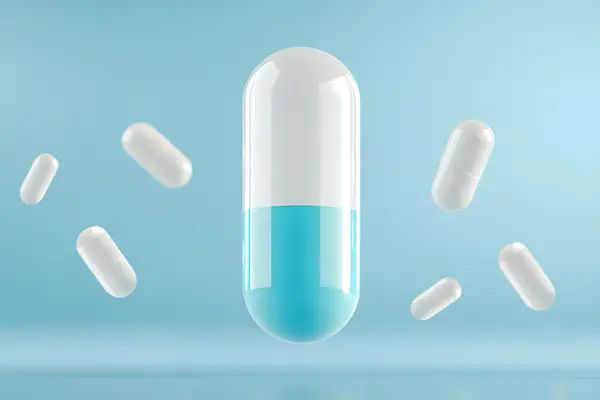Preventing Renal Calculi: Effective Strategies
Learn how to prevent kidney stones (renal calculi) with simple lifestyle changes. Discover the causes, symptoms, and effective strategies like proper hydration, dietary adjustments, and medical guidance.


Kidney stones, also known as renal calculi, are hard deposits of minerals and salts that form inside your kidneys. They can cause severe pain, urinary problems, and even infections if left untreated. The good news is that many kidney stones can be prevented with simple lifestyle changes and healthy habits.
In this article, we’ll discuss what kidney stones are, their common causes, symptoms, and most importantly; how you can prevent them effectively.
Understanding Kidney Stones
Kidney stones form when certain substances in your urine (such as calcium, oxalate, and uric acid) become too concentrated. These substances crystallize acrystallisegether, forming small or large stones. While some stones pass naturally through urine, others may get stuck, causing pain and complications.
Common Types of Kidney Stones
1. Calcium Stones – The most common type, usually made of calcium oxalate.
2. Uric Acid Stones – Form when urine is too acidic.
3. Struvite Stones – Often caused by urinary tract infections.
4. Cystine Stones – Rare and hereditary, caused by a genetic disorder.
Symptoms of Kidney Stones
If you have a kidney stone, you may experience:
- Sharp pain in the back, side, or lower abdomen
- Painful urination
- Frequent urge to urinate
- Blood in urine (pink, red, or brown urine)
- Nausea or vomiting
- Cloudy or foul-smelling urine
If you notice these symptoms, consult a doctor immediately.
What Causes Kidney Stones?
Several factors contribute to kidney stone formation:
- Dehydration – Not drinking enough water leads to concentrated urine.
- Diet High in Oxalates – Foods like spinach, nuts, and chocolate increase oxalate levels.
- High Sodium Intake – Excess salt increases calcium in urine.
- Animal Protein Overconsumption – Red meat, poultry, and seafood raise uric acid levels.
- Obesity & Certain Medical Conditions – Diabetes, high blood pressure, and digestive disorders increase risk.
Consult Top Specialists
Effective Strategies to Prevent Kidney Stones
Preventing kidney stones largely depends on staying hydrated and making smart dietary choices. Here are some key strategies:
1. Drink Plenty of Water
- Aim for at least 2.5 to 3 litlitres0-12 glasses) of water daily.
- Clear or light yellow urine indicates good hydration.
- Include lemon water—citrate in lemons helps prevent stone formation.
2. Reduce Sodium (Salt) Intake
- Avoid processed foods, canned soups, and salty snacks.
- Limit daily salt intake to less than 2,300 mg (about 1 teaspoon).
3. Eat a Balanced Diet
- Limit Oxalate-Rich Foods – Spinach, beets, nuts, tea, and chocolate.
- Moderate Animal Protein – Reduce red meat, poultry, and seafood.
- Increase Calcium-Rich Foods – Dairy, leafy greens (but avoid excessive calcium supplements).
4. Maintain a Healthy Weight
- Obesity increases the risk of kidney stones.
- Regular exercise and a balanced diet help maintain a healthy weight.
5. Avoid Sugary and Carbonated Drinks
- Sodas and high-sugar beverages increase stone risk.
- Opt for water, herbal teas, or fresh juices instead.
6. Monitor Your Medications
- Some supplements (like vitamin C in excess) can contribute to stones.
- Always consult your doctor before taking new supplements.
When to See a Doctor?
If you experience:
- Severe pain that doesn’t go away
- Blood in urine
- Fever or chills (sign of infection)
- Difficulty passing urine
It’s important to seek medical help immediately.
How Apollo 24|7 Can Help
If you’re at risk of kidney stones or experiencing symptoms, Apollo 24|7 offers:
- Expert consultations with urologists
- Diagnostic tests (urine analysis, ultrasound, CT scans)
- Personalised event plans
You can easily book a consultation or schedule a test through the Apollo 24|7 app or website.
Conclusion
Kidney stones can be painful, but with the right preventive measures, you can significantly reduce your risk. Staying hydrated, eating a balanced diet, and maintaining a healthy lifestyle are key steps. If you have a history of kidney stones or experience symptoms, don’t hesitate to consult a doctor.
Consult Top Specialists
Consult Top Specialists
Dr. Gaddam Manoj
General Practitioner
1 Years • MBBS
Hyderabad
Aaradhya clinic, Hyderabad

Dr. Suvadeep Sen
Critical Care Specialist
12 Years • MBBS, MD, FNB (CRITICAL CARE MEDICINE), EDIC
Mumbai
Apollo Hospitals CBD Belapur, Mumbai

Dr. Vandana Malik
General Practitioner
8 Years • MBBS, FAM
Noida
Skinlogics Clinic, Noida

Dr. Bulbul Biswas
General Practitioner
35 Years • MBBS, Diploma in Maternity and child welfare
Kolkata
HERSTEL CARE CLINIC, Kolkata

Dr. Dixant Chhikara
General Practitioner
4 Years • MBBS
Delhi
SKYNN CARE, Delhi

.webp)


